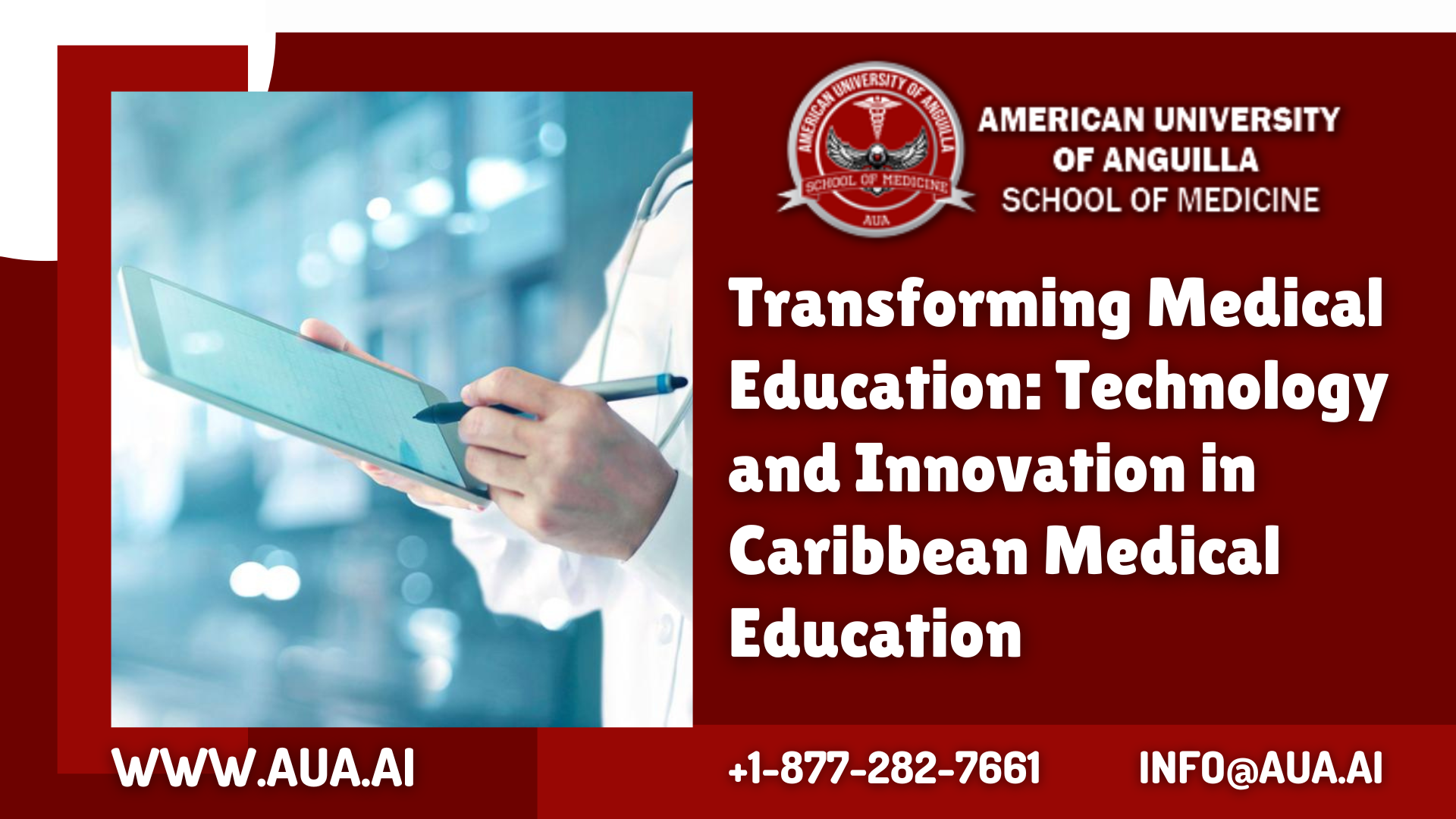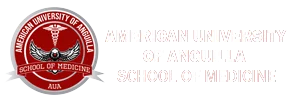Blogs
Transforming Medical Education: Technology and Innovation in Caribbean Medical Education, with a Focus on AUA
Caribbean medical schools, like the American University of Anguilla (AUA) School of Medicine, embrace technology and innovation to enhance the educational experience and prepare students for the evolving landscape of healthcare. In this blog post, we will explore the role of technology and innovation in Caribbean medical education, with a specific focus on AUA.
Digital Learning Platforms:
Caribbean medical schools integrate digital learning platforms that offer interactive and multimedia resources to support student learning.
Online modules, virtual simulations, and educational apps provide flexibility, self-paced learning, and access to a wealth of educational materials.
Virtual Anatomy and Simulation:
Advanced virtual anatomy platforms and simulation technologies allow students to explore the human body in a dynamic and immersive manner.
Virtual dissection software and simulators provide a realistic and safe environment for students to practice clinical skills and surgical techniques.
Telemedicine and Telehealth:
Caribbean medical schools leverage telemedicine and telehealth technologies to facilitate remote patient consultations, interdisciplinary collaborations, and clinical discussions.
Telemedicine platforms enable students to engage with patients, healthcare providers, and experts from around the world, expanding their clinical exposure.
Data-driven Learning and Assessment:
Technology-based learning management systems (LMS) enable data-driven learning and assessment approaches.
Learning analytics and adaptive learning platforms help personalize education by identifying students' strengths, weaknesses, and individual learning needs.
Medical Simulation Centers:
Caribbean medical schools, including AUA, invest in state-of-the-art medical simulation centers equipped with advanced patient simulators and medical equipment.
Simulation centers provide a realistic environment for students to practice clinical skills, critical decision-making, and teamwork.
Augmented Reality and Virtual Reality:
Augmented reality (AR) and virtual reality (VR) technologies are utilized in Caribbean medical education to enhance anatomy learning, surgical training, and clinical case simulations.
AR and VR applications offer immersive experiences that engage students and promote active learning.
Digital Health and Healthcare Informatics:
Caribbean medical schools incorporate digital health and healthcare informatics concepts into the curriculum.
Students learn about electronic medical records (EMRs), health information systems, and data analytics to understand how technology drives healthcare delivery and improves patient outcomes.
Innovation and Entrepreneurship:
Caribbean medical schools foster a culture of innovation and entrepreneurship, encouraging students to develop creative solutions to healthcare challenges.
Innovation hubs, pitch competitions, and mentorship programs support students in translating their ideas into impactful projects and startups.
Caribbean medical schools, exemplified by AUA School of Medicine, embrace technology and innovation to enhance medical education. Through digital learning platforms, virtual anatomy and simulation, telemedicine, data-driven learning and assessment, medical simulation centers, augmented reality and virtual reality, digital health and healthcare informatics, and promotion of innovation and entrepreneurship, Caribbean medical schools empower students to adapt to technological advancements and be at the forefront of healthcare innovation. By integrating technology into medical education, Caribbean medical schools prepare students to embrace the digital era, deliver patient-centered care, and contribute to transformative advancements in healthcare.


